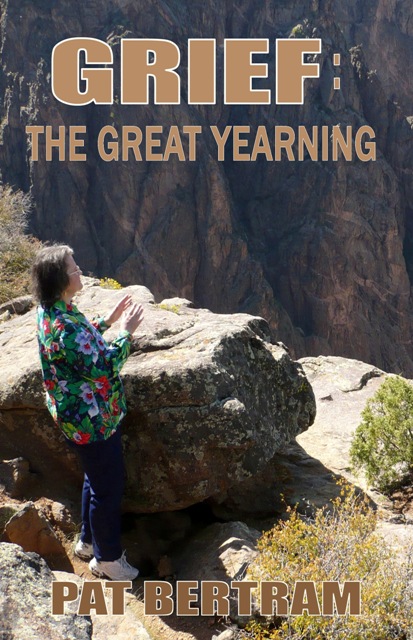I am the administrator of the Suspense/Thriller Writers group on Facebook. Our discussion this week was about negative reviews, and Marshall Karp left a comment that I wanted to pass along because I thought you’d find it as helpful as I did.
Marshall Karp, the author of Flipping Out, is an award winning former advertising executive, a playwright, a screenwriter, and a novelist. He has also written, produced, and executive produced TV shows for all the major networks. Karp says:
Picture this: I walk into a room and 99 people applaud wildly. One guy is just mumbling “here comes that asshole.” Guess who I pay the most attention to? What is it about the negative reviews that seem to always get a writer’s attention?
For years I wrote TV commercials just because they were never reviewed. When I finally wrote a play and then moved on to TV sitcoms, I thought of my negative reviews as Public Shame. As for my great reviews — I just figured I fooled another critic.
I’ve come a long way. These days, I only take a few negative reviews seriously. They come from people I respect, and I try to learn from them. But most of my really negative reviews are downright laughable, so I refuse to take them seriously.
In fact I can now get a lot of mileage — and a lot of laughs — out of my negative reviews. I read them to my audience at book signings. One guy on Amazon gave me one star for my new book FLIPPING OUT. Reason: foul language and sexual references. I write murder mysteries — what are the cops supposed to say — oh fudge? So I check his profile. He got my latest book free from the Amazon Vine program. Normally he reads Christian Romance and Church Insight. When I tell the story my audience is laughing and I’m quietly blessing this guy for being such a judgmental ass.
Another guy gives me 2 stars for THE RABBIT FACTORY. He too claims not to be much of a mystery reader. I check his other reviews. He gave 5 stars to a Scooby Doo Chia Pet planter, and 4 stars for a Shrek Chia Pet planter. I tell my audience I don’t understand how Scooby can get 5 stars and Shrek only gets 4, but even so, this dude still thinks the Shrek planter is twice as good as my book. All this gets a lot of laughs and a lot of empathy from my audience. And it doesn’t hurt that the reviewer called himself (or herself) Church of the Flaming Sword.
Audiences appreciate a writer who doesn’t take himself too seriously. So reading your negative reviews out loud can go a long way to making people feel good about you. One more thing — I always tell my audience that if they really like my book, don’t just tell me. Tell everyone else. Post a glowing review on BN.com, amazon, goodreads or any one of a hundred other book sites. I tell them it helps offset the reviews I get from all those Flaming Swords and other Flaming Assholes.
Bottom line — I have learned to make the most of my negative reviews — I even work them to my advantage. It’s those damn raves that always wind up throwing me for a loop.








